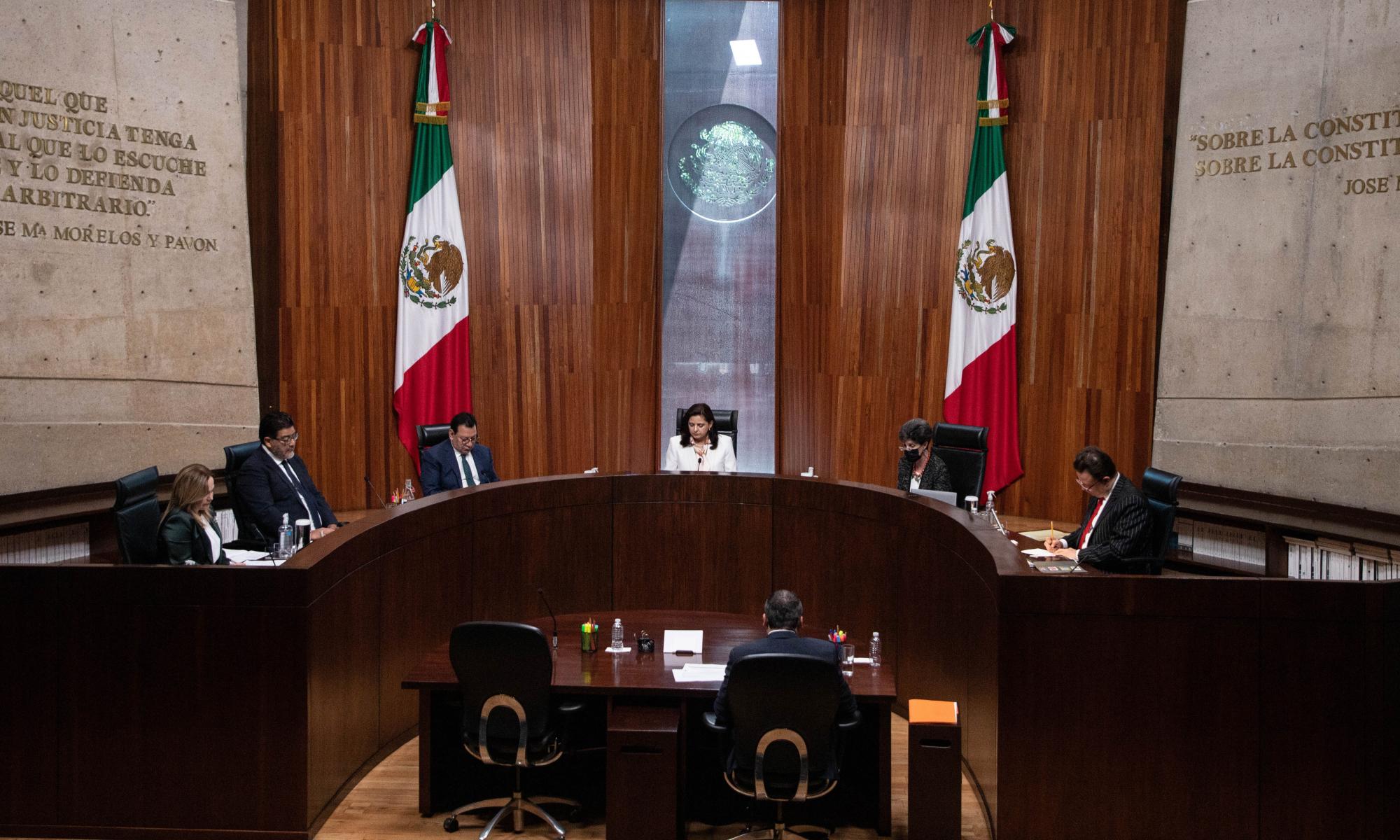
Customizing information and offering mediation helped Mexico’s labor courts deliver faster, fairer resolutions for workers and led to a major national reform.

Governments can use existing data and simple tools to make public services more efficient and accessible. Making public services work better for citizens doesn't always need to be expensive or comprehensive at the start. In Mexico, customized judicial information and mediation access—both changes based on existing data and resources—helped resolve disputes quickly in overburdened labor courts.
Piloting and testing gradual, data-driven changes to improve service delivery can generate evidence to support larger reforms. In Mexico, efficiency-boosting tools were tested and found to be highly effective in a few labor courts first. Equipped with this evidence, the government enacted a national labor reform incorporating those tools.
Confusing and slow judicial processes can cause people’s court cases to drag on for years without resolution and lead to loss of confidence in public institutions. Access to justice through court systems is an important public service. In Mexico, labor courts provide an avenue for workers who lose their jobs to seek severance pay, helping them afford basic needs like housing, food, and health care. In 2016, when research began, these courts were overwhelmed by backlogs—a common problem in many court systems around the world. Workers filing claims faced years-long delays, unclear legal steps, and limited guidance about what to do next.
Providing personalized case information and access to mediation helped workers resolve their cases and reduced the court backlog. Many workers overestimated their chances of winning in court, and lawyers didn’t always act in their clients’ best interests. The courts and researchers piloted and tested two novel approaches. First, they shared information about workers’ likelihood of winning and potential award amount, based on a machine learning algorithm trained with past data, to help workers make more informed choices. In a second pilot, the court offered mediation before going to trial. Both of these light-touch, targeted changes nearly doubled settlement rates. Workers resolved disputes faster and reported being less stressed, less likely to miss paying bills, and more likely to be actively looking for a new job.
This research provided an evidence-based foundation for a national labor reform. Mexico passed a national law in 2019 requiring all workers to try mediation before going to court. The new law also gave workers the right to receive legal information, like what to expect from mediation and litigation options, to help them in the mediation process. The reform also introduced technology upgrades inspired in part by the success of greater use of court data in the pilot.
Tailored changes based on data and evidence can help government institutions function better. Mexico’s experience shows how well-designed, rigorously evaluated pilots can improve government services without breaking the bank, while generating valuable insights about how to more fundamentally reform public services. More governments should try similar evidence-driven approaches to solving bureaucratic inefficiencies.

If we do not have indicators, we cannot make good decisions. Unfortunately, in Mexico, we do not always take this principle into consideration. Long-term partnerships between governments and researchers help improve our decision making.
—Margarita Darlene Rojas Olvera, Former President, Mexico City Labor Court
Cost and design considerations
Digitization can enable more tailored information to help the court service work better. Giving workers tailored case information improved the efficiency of mediation and settlement. While the machine learning algorithm provided this information based on data from 5,000 past cases, scaling up this approach depends on progress in full digitization of the court’s data and services. Investing in digital case management and systems, for example, could enable more high-impact improvements.
A well-functioning market of lawyers is important to achieving positive outcomes. Data showed that many Mexican workers relied on private lawyers who charged upfront fees but often did not improve case outcomes. The pilot worked best when information was provided directly to the worker, not their lawyer. The court and researchers are collaborating to test additional tools, such as better matching between workers and lawyers and sharing lawyers’ performance ratings, to improve the quality of legal services.
Digitization can enable more tailored information to help the court service work better.
The role of government

Partnerships between researchers and governments to test and evaluate service delivery changes can generate actionable insights for broader policy reforms. This reform is a powerful example of how established research partnerships can help governments improve public service delivery. The Mexico City Labor Court worked closely with the Instituto Tecnológico Autónomo de México (ITAM) and J-PAL affiliated researchers over multiple years to conduct a series of randomized evaluations, co-designing, testing, and refining practical improvements to the court system. When a major national labor reform passed in 2019, researchers were invited to participate in a legislative advisory group that drafted large portions of the new labor law alongside other stakeholders, which ensured that research findings helped shape the new law.
Governments can draw on sustained research partnerships to effectively navigate crises, meet emerging priorities, and continuously drive data-informed service improvements. Building upon the existing collaboration with ITAM and J-PAL researchers, the Mexico City Labor Court adapted the partnership swiftly during Covid to address emerging challenges with new tools. With court closures and a surge in labor disputes, they co-developed digital solutions, including an online lawsuit filing system. Researchers also helped develop methods for better data collection, online mediation, and an online legal advice and appointment system. These innovations aimed to equip the court to meet the needs of citizens during and beyond the pandemic.
The role of foreign assistance and philanthropy
Foreign assistance and philanthropy can play complementary roles in identifying, testing, and scaling effective innovations in public service delivery. Several bilateral and philanthropic partners supported the randomized evaluations and policy advisory work that informed these reforms, including Community Jameel and the William and Flora Hewlett Foundation, through J-PAL’s Government Partnership Initiative (now IGI) and Governance Initiative, the UK’s Foreign, Commonwealth and Development Office, and Asociación Mexicana de Cultura. In addition, France’s Fund for Development Innovation (FID) supported the randomized evaluation of a new suite of digital solutions designed to further make the labor courts efficient and accessible.
Discover more from other sources
Information is power: Evidence from Mexico City’s Labour Court
VoxDev
The speed of justice
World Bank Policy Research Working Paper
Photos:
(1) Credit: Octavio Hoyos, Shutterstock.com
(2) The backlog of cases at the Mexico City Labor Court. Credit: Isabel Mejía Fontanot, J-PAL



